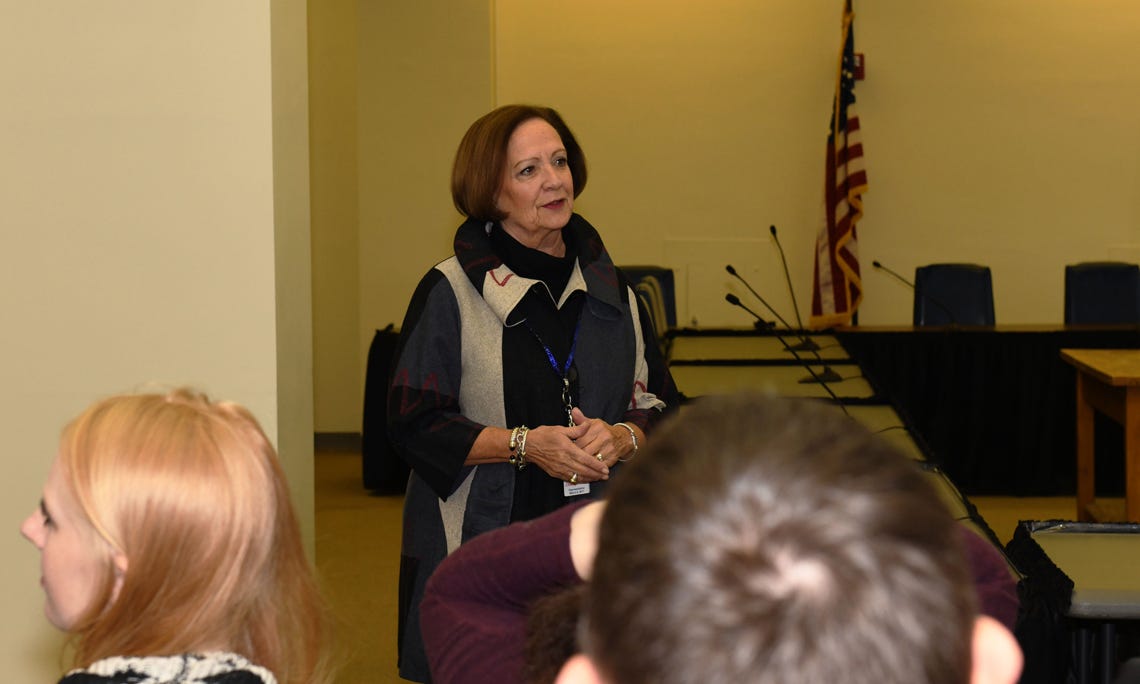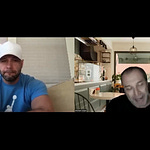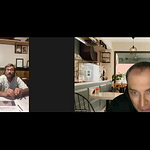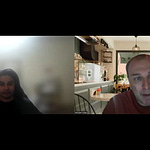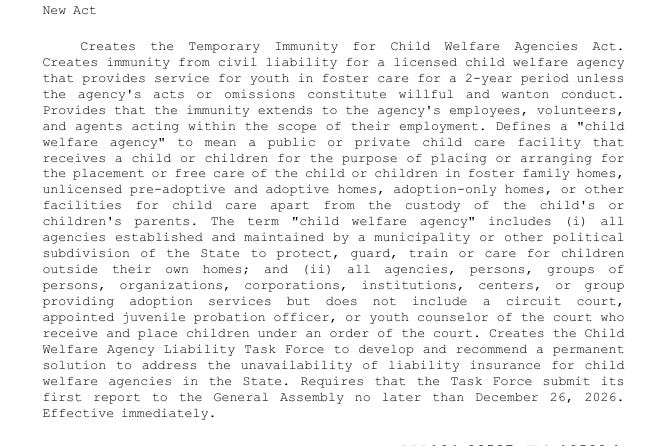
Bailey Templeton is taking on a David Vs. Goliath electoral challenge.
She’s running as a Republican in the primary next year for the Illinois House in the 94th District.
Her opponent is Norine Hammond, the long-term incumbent who is also the “Deputy Republican Leader and chief budget negotiator for the House Republican Caucus,” according to Hammond’s website.
Templeton told us that Hammond’s office provided little support for her last year when the Illinois Department of Children and Family Services (DCFS) investigated her.
Templeton is suing DCFS and said she didn’t want to get too specific, however, she said that DCFS challenged her decisions in treating her child’s cancer.
Templeton said the tipping point for her run for the Illinois House was Hammond’s support for HB 3138, a bill which would give sweeping immunity to DCFS caseworkers.
“Creates the Temporary Immunity for Child Welfare Agencies Act. Creates immunity from civil liability for a licensed child welfare agency that provides service for youth in foster care for a 2-year period unless the agency’s acts or omissions constitute willful and wanton conduct.” The bill states in part.
Hammond’s office did not respond to an email for comment.
Bailey has recently scrutinized DCFS, particularly the numbers of missing kids.
Documents to show the number of missing youth in care from the Department of Children and Family Services still “have not been located.”
The Center Square’s Freedom of Information Act request for the number of missing children from 2019 to 2025, filed on Oct. 21, still has not been fulfilled. The FOIA officer said “Once the documents are located, assuming they exist, the FOIA office will review and release records as appropriate.”
The response comes despite state House candidate Bailey Templeton receiving a FOIA response in early October showing a nearly 1,000% increase in the number of missing children from 2023 to 2024 for a total of 166. A DCFS spokesperson told The Center Square that the previously released numbers were “not completely accurate.”
Bailey told us that the numbers DCFS provided her showed that missing kids in DCFS care have grown exponentially, from one in 2017 to 166 in 2024.
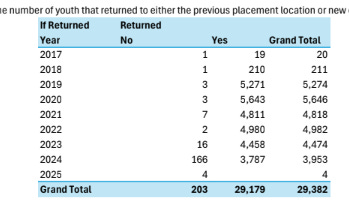
Bailey told us that reforming DCFS starts with a “third party audit.”
Job shadowing was another idea; she said that in many cases interns within DCFS are conducting investigations which determines if a child is removed.
Bailey also said that the definition of neglect needs to change.
“Being poor is neglect {currently},” Bailey said.
She said that medical decision making, if it goes against the recommendation of the wrong doctor, is considered neglect.
Bailey said that there is a financial incentive to remove a child from the home and no financial incentive to keep families together.
Her first bill would be modeled on a bill in Texas, banning DCFS involvement when treating childhood cancer.
HB 1652 in Texas would do just that.
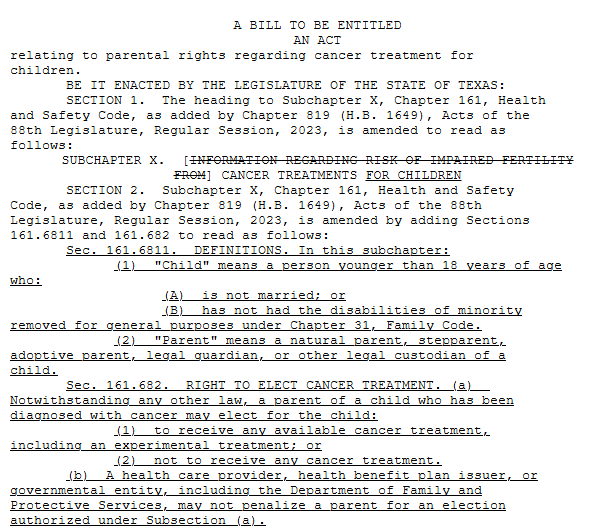
The pertinent portion states, “RIGHT TO ELECT CANCER TREATMENT. (a) Notwithstanding any other law, a parent of a child who has been diagnosed with cancer may elect for the child: (1) to receive any available cancer treatment, including an experimental treatment; or (2) not to receive any cancer treatment.”
Proponents of intervention argue that parents choose foolish treatments, and the state needs to get involved to make sure a child gets the proper treatment.
I asked Bailey about this concern.
“I would argue that the thing that could save them is not proven to save them,” Bailey responded, “Chemotherapy and radiation could kill a healthy person.”
Below, check out Bailey’s full answers on reforming DCFS.
Bailey said another important issue for her was medical freedom, particularly against mandating vaccines as a requirement for attending public schools.
This was something Miste Karlfeldt spearheaded in Idaho- check out my interview with Miste here- and opponents argued that it would reintroduce diseases long eradicated by vaccines into our school system.
The new law sets Idaho apart from even conservative-leaning South Carolina, where two schools recently quarantined more than 150 unvaccinated children after measles arrived.
A person can spread measles for four days before symptoms appear. During the South Carolina schools’ quarantine, five students began to show symptoms, but the quarantine kept them from spreading it, the health department said this month.
That precaution would now be illegal in Idaho.
Idaho’s law caught the attention of people who share Manookian’s belief that — contrary to hundreds of years of public health evidence and rigorous regulation in the U.S. — vaccines are worse than the diseases they prevent.
It also caught the attention of people like Jennifer Herricks, a pro-vaccine advocate in Louisiana and advocacy director for American Families for Vaccines.
Herricks and her counterparts in other states say that vaccine requirements have “done so much good for our kids and for our communities.”
An analysis published last year by the U.S. Centers for Disease Control and Prevention found that routine childhood vaccines prevented more than 1.1 million deaths and 32 million hospitalizations in the U.S. over three decades, saving $540 billion in direct costs and saving society about $2.7 trillion. The analysis was limited; it didn’t account for the lives and money saved by vaccines for flu or RSV, which kill and hospitalize babies and children each year.
I asked Bailey about this, and she said this was fear mongering from the mainstream medical community. She further said that many of the diseases that mainstream medical thought said was cured by vaccines were being eradicated before the vaccines came out.
I know that with smallpox, either the disease coincidentally died out at the same time the vaccine came out, or it was the vaccine.
One other issue that Bailey said was important to her is homeschooling, which she does with her children.
She said the best way to preserve homeschooling is to make sure that HB 2827 does not pass.
HB2827 would create all sorts of new requirements, paperwork, and tracking for homeschoolers, which homeschoolers like Bailey say infringes on parent’s rights.


